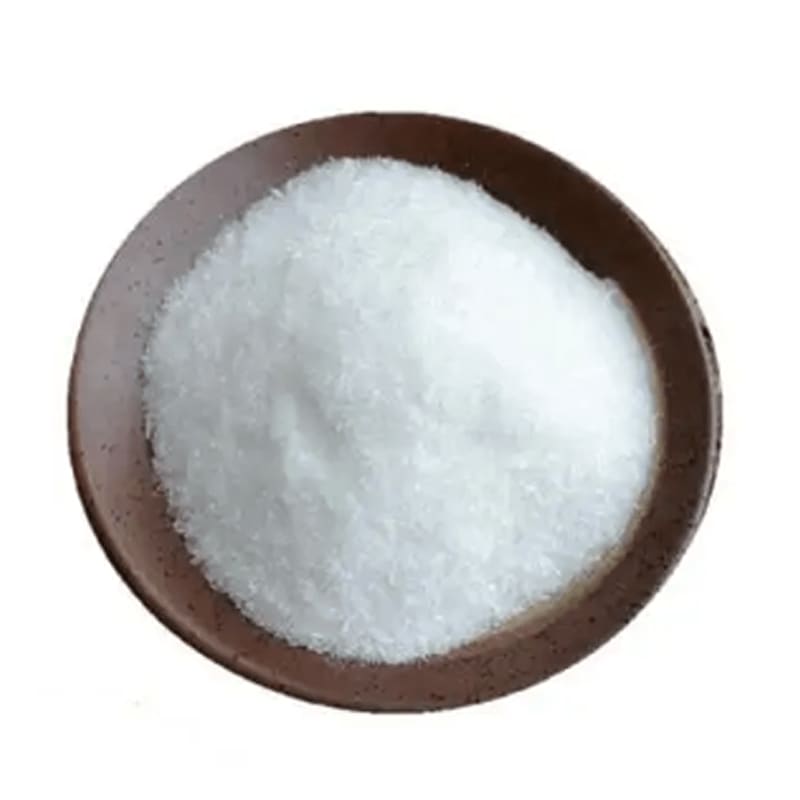
# Low-Calorie Organic Isomaltitol: A Healthier Sweetener Choice
## What Is Organic Isomaltitol?
Organic isomaltitol is a naturally derived sugar alcohol that has gained popularity as a healthier alternative to traditional sweeteners. This low-calorie sweetener is produced from organic sugar beets through a carefully controlled fermentation process, ensuring its purity and organic certification.
Unlike artificial sweeteners, organic isomaltitol offers a more natural approach to reducing sugar intake while maintaining sweetness in foods and beverages. Its chemical structure closely resembles that of sugar, which contributes to its similar taste profile.
## Nutritional Benefits of Low-Calorie Organic Isomaltitol
The primary advantage of organic isomaltitol lies in its nutritional profile:
– Low calorie content (approximately 2 calories per gram compared to sugar’s 4 calories per gram)
– Low glycemic index (GI of 2 compared to sugar’s GI of 65)
– Does not promote tooth decay
– Suitable for diabetics when consumed in moderation
– Contains no artificial ingredients or preservatives
These characteristics make organic isomaltitol an excellent choice for health-conscious consumers looking to reduce their sugar intake without sacrificing taste.
## Culinary Applications
Organic isomaltitol’s versatility makes it suitable for various culinary uses:
### Baking
With its heat stability, organic isomaltitol performs well in baked goods, providing bulk and texture similar to sugar. It’s particularly useful in:
– Cookies
– Cakes
– Pastries
– Breads
### Beverages
The sweetener dissolves easily in both hot and cold liquids, making it ideal for:
– Coffee and tea
– Smoothies
– Cocktails (for low-calorie versions)
### Confectionery
Its non-cariogenic properties make organic isomaltitol perfect for sugar-free:
– Chocolates
– Candies
– Chewing gums
## Health Considerations
While organic isomaltitol offers numerous benefits, consumers should be aware of some considerations:
### Digestive Tolerance
Like other sugar alcohols, excessive consumption may cause:
– Bloating
– Gas
– Laxative effects
It’s recommended to introduce organic isomaltitol gradually into your diet to assess tolerance.
### Portion Control
Despite being lower in calories than sugar, organic isomaltitol should still be consumed in moderation as part of a balanced diet.
## Environmental Impact of Organic Production
Choosing organic isomaltitol supports sustainable agricultural practices:
– No synthetic pesticides or fertilizers used in cultivation
– Promotes soil health and biodiversity
– Reduces chemical runoff into waterways
– Often involves fair trade practices for sugar beet farmers
## Comparing Organic Isomaltitol to Other Sweeteners
Sweetener | Calories/Gram | Glycemic Index | Dental Impact
Organic Isomaltitol | 2 | 2 | Safe
Sugar | 4 | 65 | Harmful
Erythritol | 0.2 | 0 | Safe
Xylitol | 2.4 | 7 | Safe
Aspartame | 4 | 0 | Safe
This comparison highlights organic isomaltitol’s balanced position among alternative sweeteners.
## Incorporating Organic Isomaltitol Into Your Diet
Transitioning to organic isomaltitol can be simple:
– Start by replacing half the sugar in recipes with organic isomaltitol
– Experiment with different ratios to achieve desired sweetness
– Combine with other natural sweeteners for enhanced flavor profiles
– Look for pre-made products sweetened with organic isomaltitol
Keyword: organic isomaltitol Low Calorie
Remember that organic isomaltitol is about 50-60% as sweet as sugar, so adjustments may be needed in recipes.
## Conclusion
Low-calorie organic isomaltitol presents a compelling alternative to traditional sweeteners, offering a balance between taste, health benefits, and environmental responsibility. Its organic certification ensures purity and sustainable production methods, while its nutritional profile makes it suitable